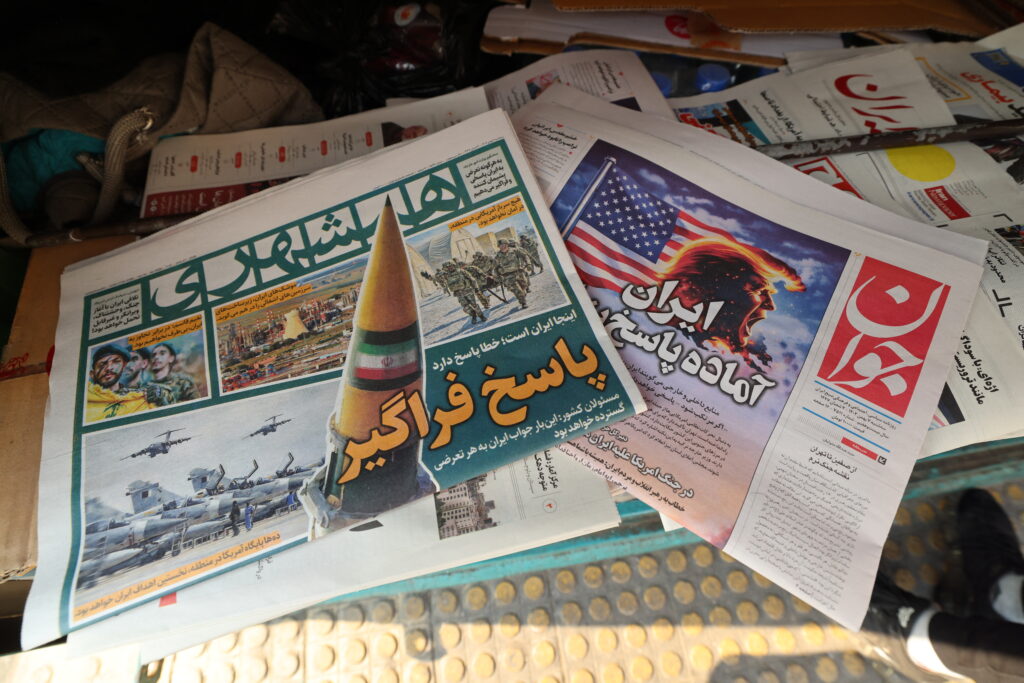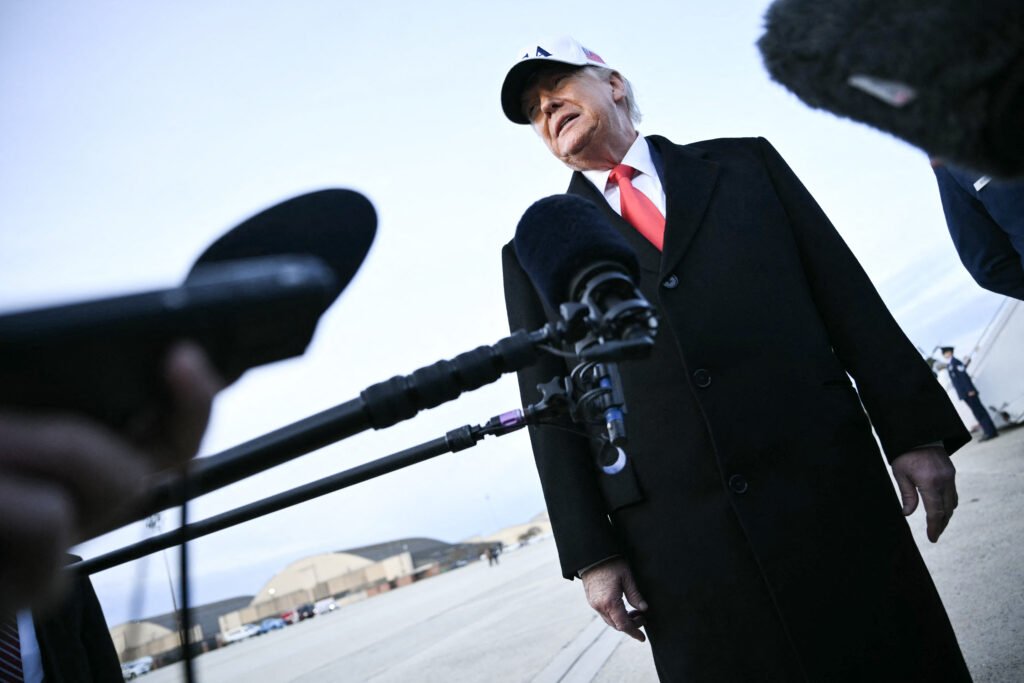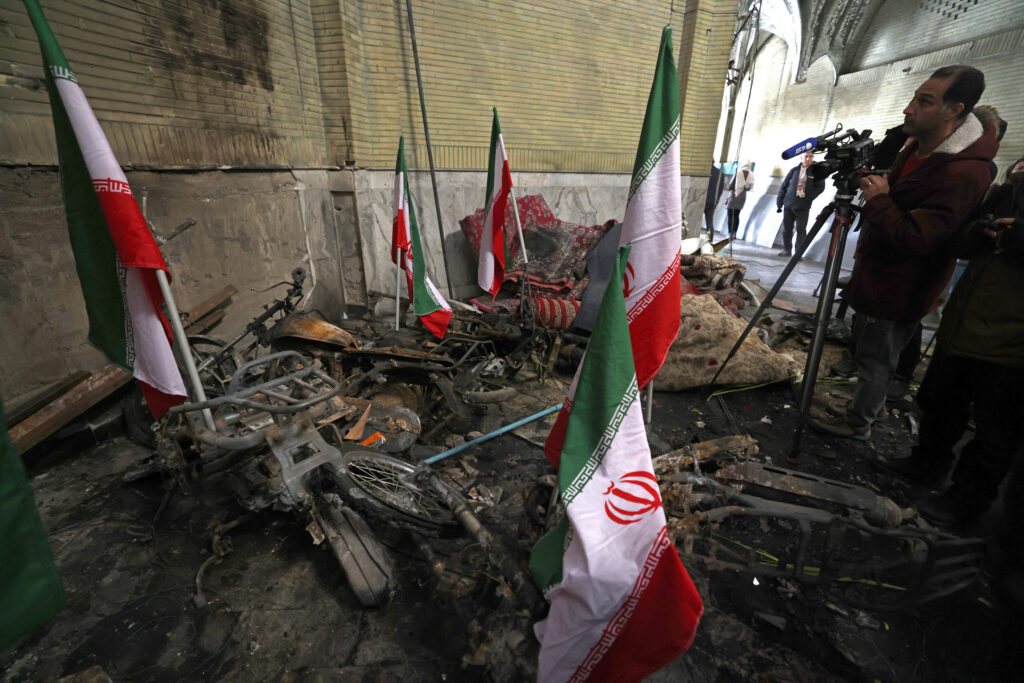Research Fellow Zoltan Pall published a piece in the Carnegie Middle East Center. He analysed how the Salafi Community established a strong presence in state institutions while expanding its transnational linkages.
The Emir’s Gift: Given a Greater Role, Kuwait’s Salafis Face the Costs
- -
This week, Research Fellow Zoltan Pall published a piece in the Carnegie Middle East Center, where he analysed how the Salafi Community established a strong presence in state institutions while expanding its transnational linkages. In past few years, Kuwait’s Salafi Community (Al-Jamma al-Salafiyya), the oldest one of Kuwait’s several Salafi groups has increased its influence in the country’s political and administrative institutions. Following the emergence of a strong opposition movement in 2011, Kuwait’s ruling elite co-opted the Salafi community as a counterweight to its opposition. This meant that the Salafis were granted influential positions, especially in the Islamic institutions of the country. Salafi cadres often replaced the formerly dominant Muslim Brotherhood in the leadership of the Ministry of Religious Affairs, the Zakat House and the Kuwait Waqf Public Foundation. Top jobs in these public institutions granted the Salafi Community exclusive access to financial resources they could use to expand their already huge transnational charity networks. At the same time, the freewheeling context of Kuwaiti politics means the political alliance between the Salafis and the ruling elite might end at some point. As this article argues, the Salafi Community can easily fall out of favour if the government’s interests dictate that it supports another group.
Click here for the full article.








